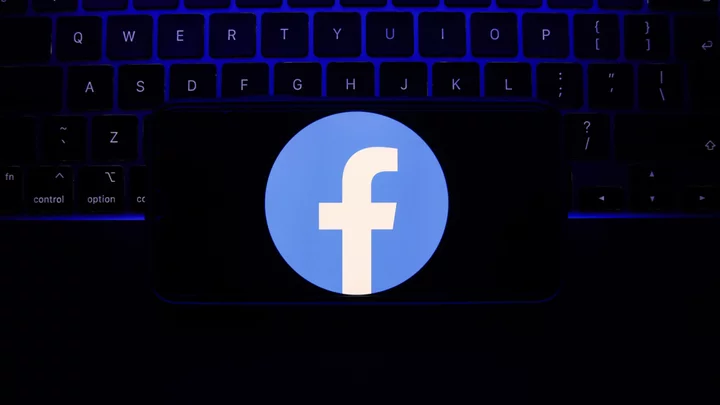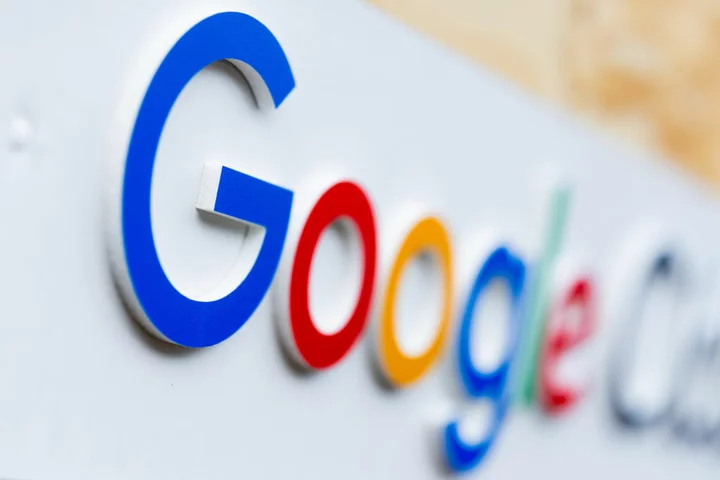A Facebook bug that saw the social network send automatic friend requests to any profiles users viewed has been fixed by Meta, the Daily Beast reports.
In a statement shared with the Daily Beast on Friday, a Meta spokesperson extended apologies for the bug and said: “We fixed a bug related to a recent app update that caused some Facebook friend requests to be sent mistakenly. We’ve stopped this from happening and we apologize for any inconvenience this may have caused.”
The glitch was widely discussed on social media, with some pointing out that the bug outed people trying to do a “Facebook stalk.” One Facebook user tweeted: “facebook [sic] stalking and somehow a friend request was sent. Thats [sic] it guys. See u [sic] in another life.”
In some cases, Facebook even sent friend requests to people users were actually attempting to block. As the Daily Beast notes, some users even deactivated their Facebook accounts due to embarrassment.
Last month, a different bug on Facebook meant ads on the platform overcharged customers and the social media network was forced to briefly stop all advertising in response to the glitch.
The bug comes after Meta announced it would lay off 10,000 employees as part of Mark Zuckerberg’s “Year of Efficiency” that will see a total of 21,000 employees laid off before the end of 2023.
Meanwhile, last week, Meta was forced to remove Facebook adverts from hacked pages that contained links to malware.
One of the ads, posted by a verified page with tens of thousands of followers called Meta Ads, tried to trick users into downloading a “more professional and secure” ad-management tool because “security issues” had meant users could no longer manage ad accounts in-browser.
The ad included a link to a malware infected website, and was promoted on Facebook as a paid-for sponsored ad. A different verified page pretended to be Google AI, and pointed to fake links for Bard, the tech giant’s new AI platform.









